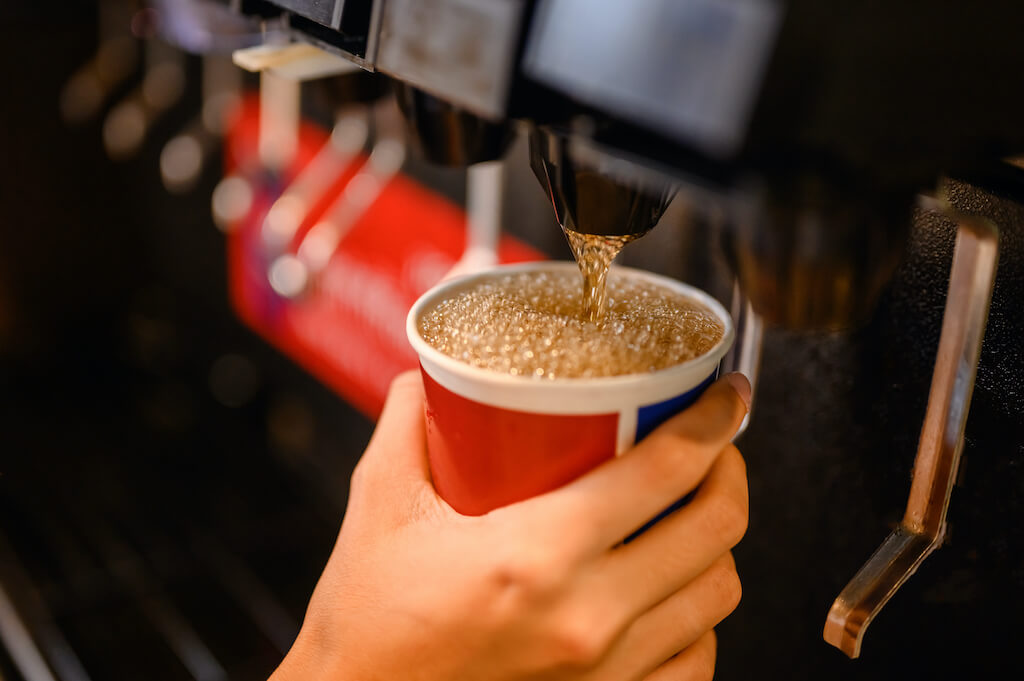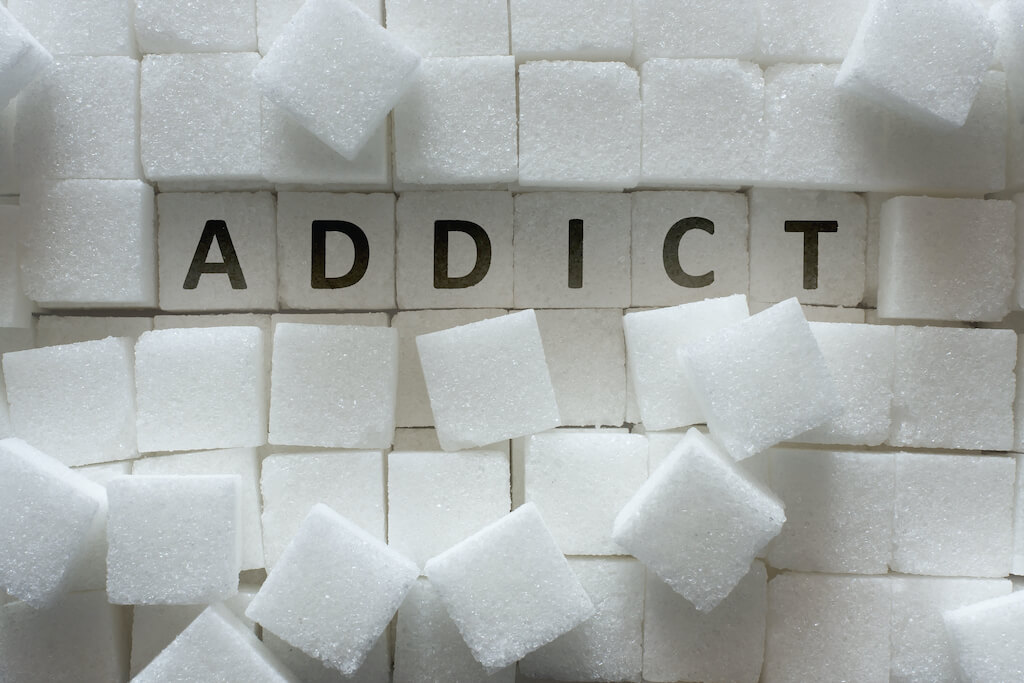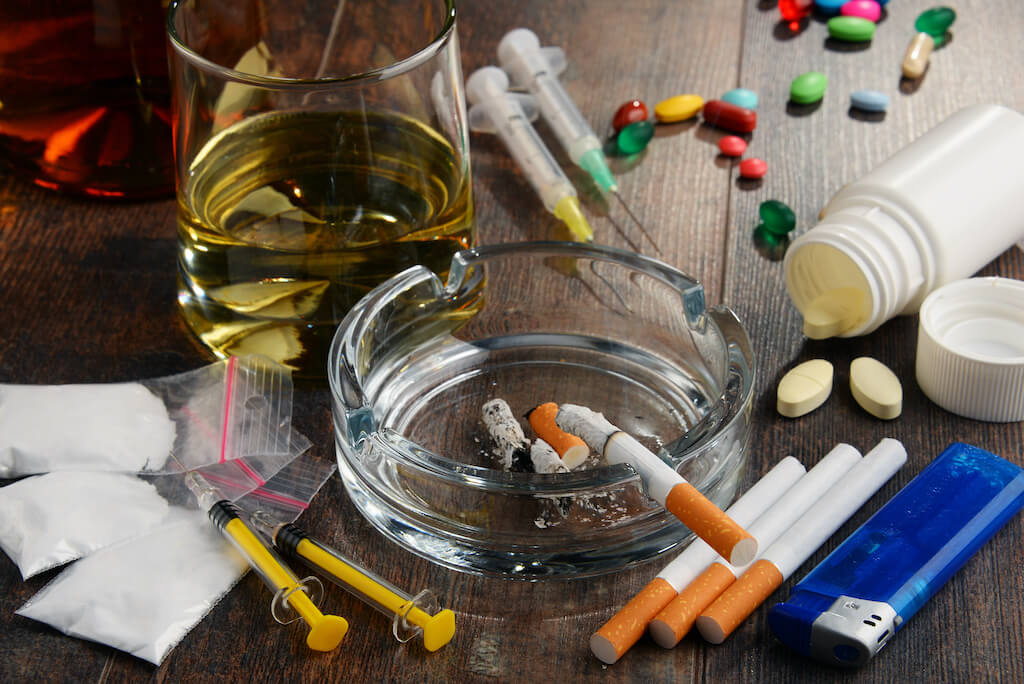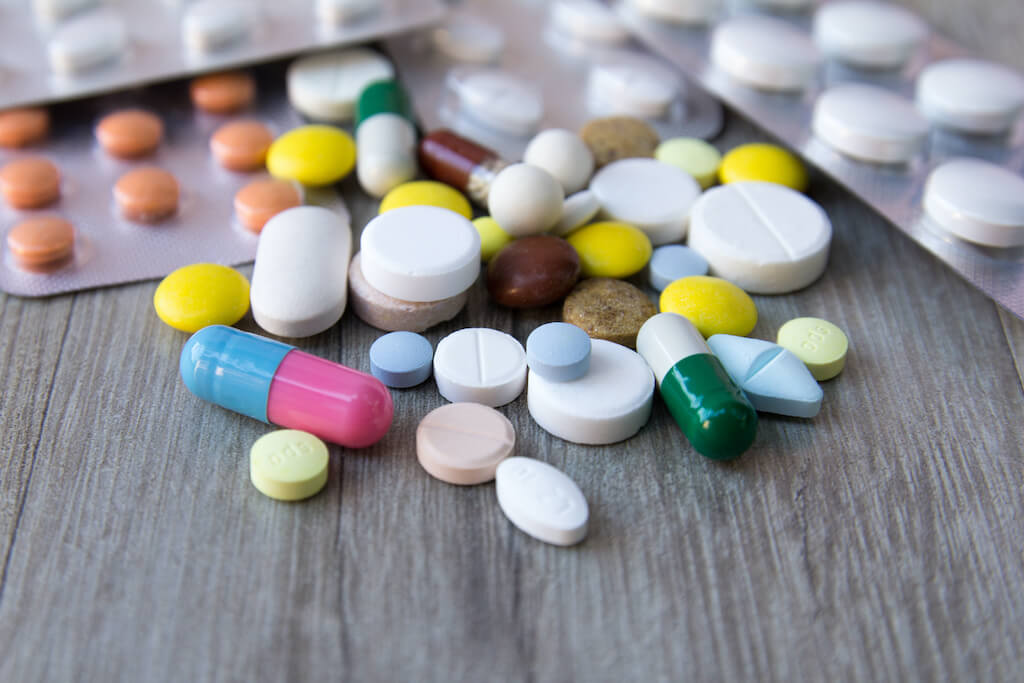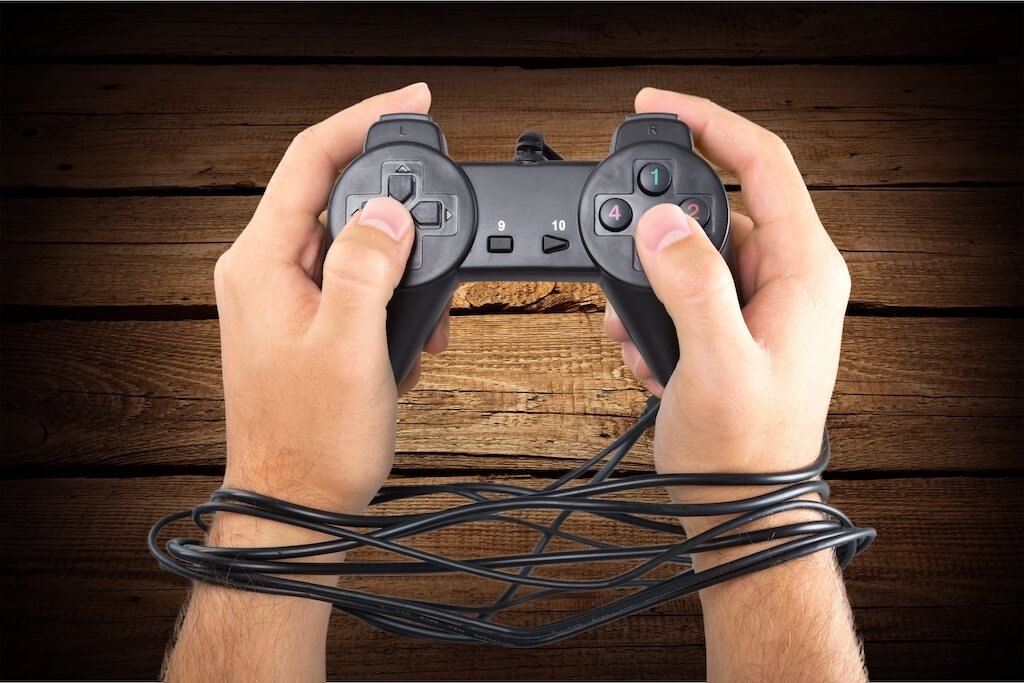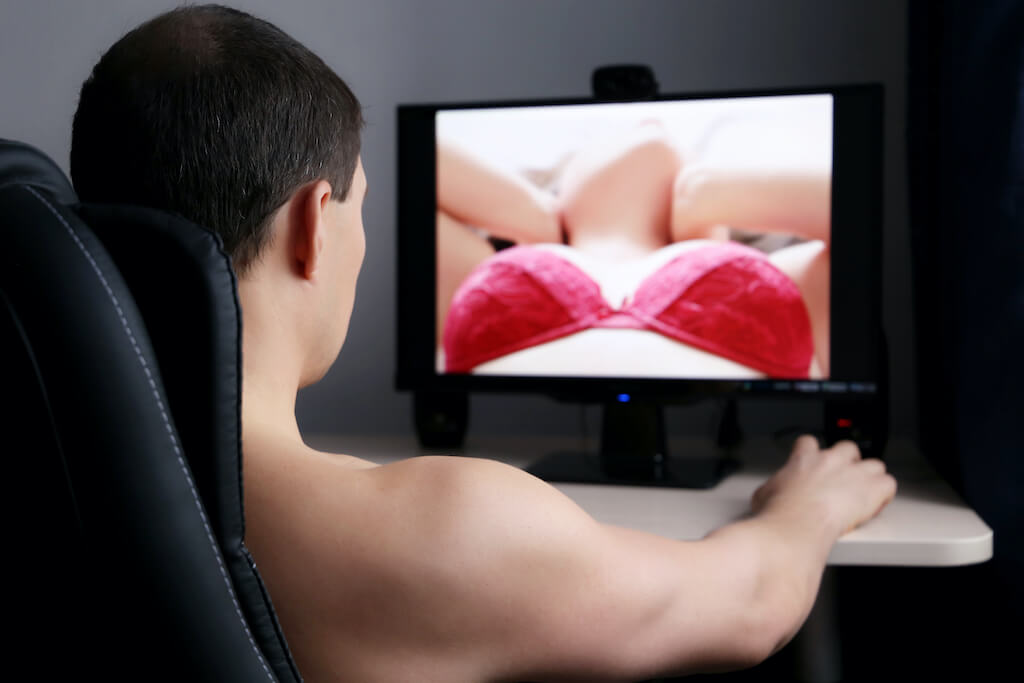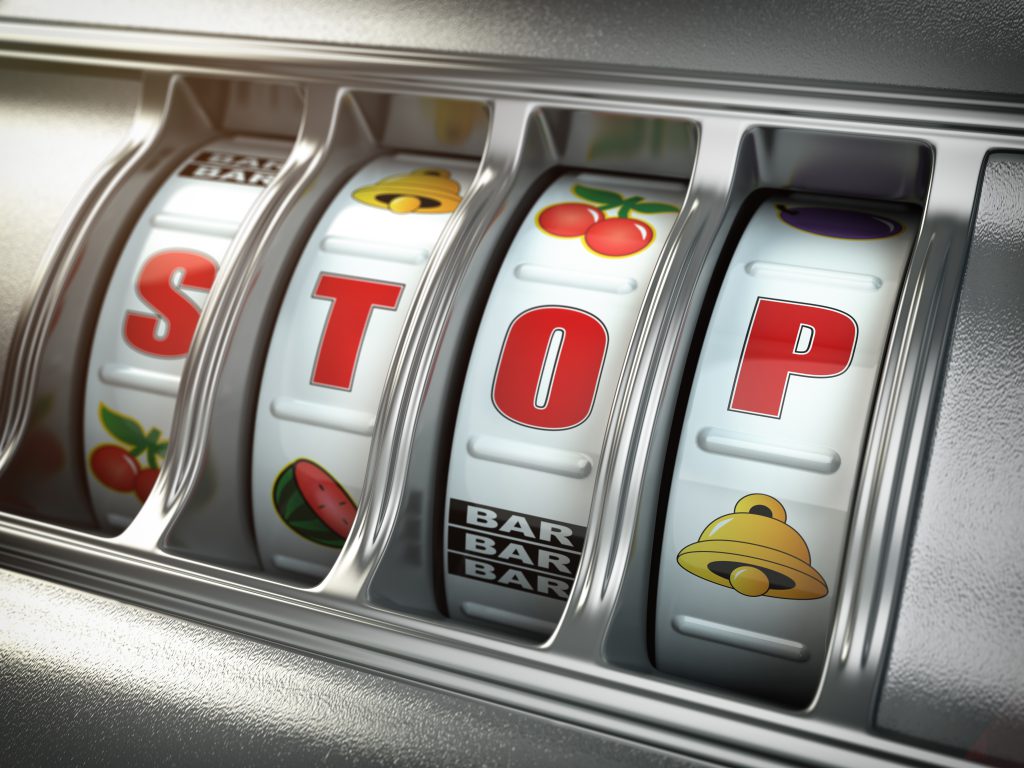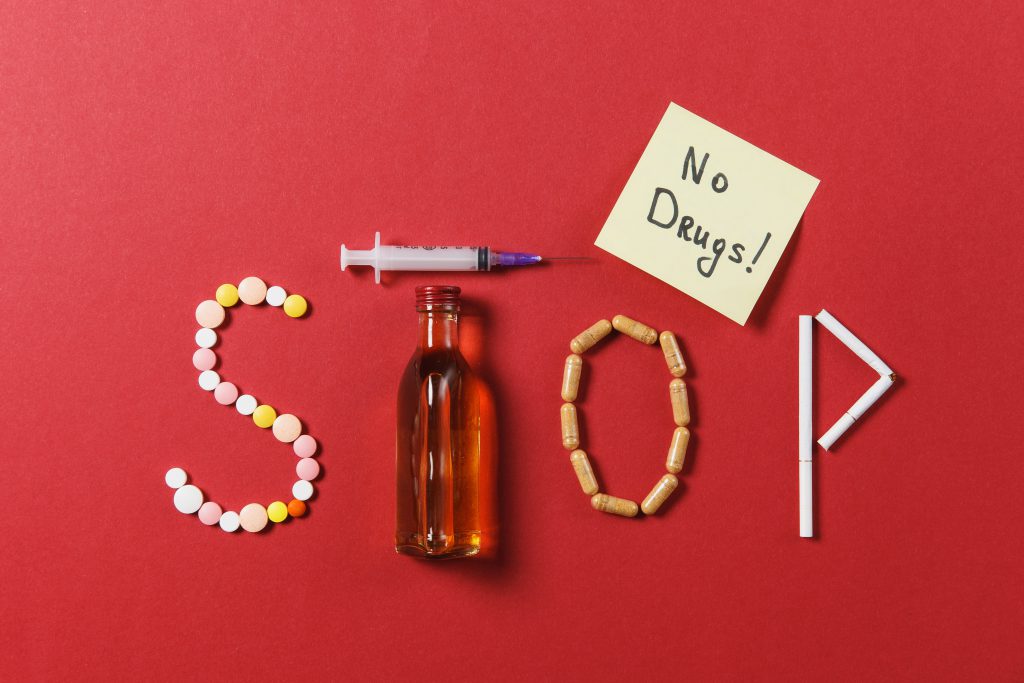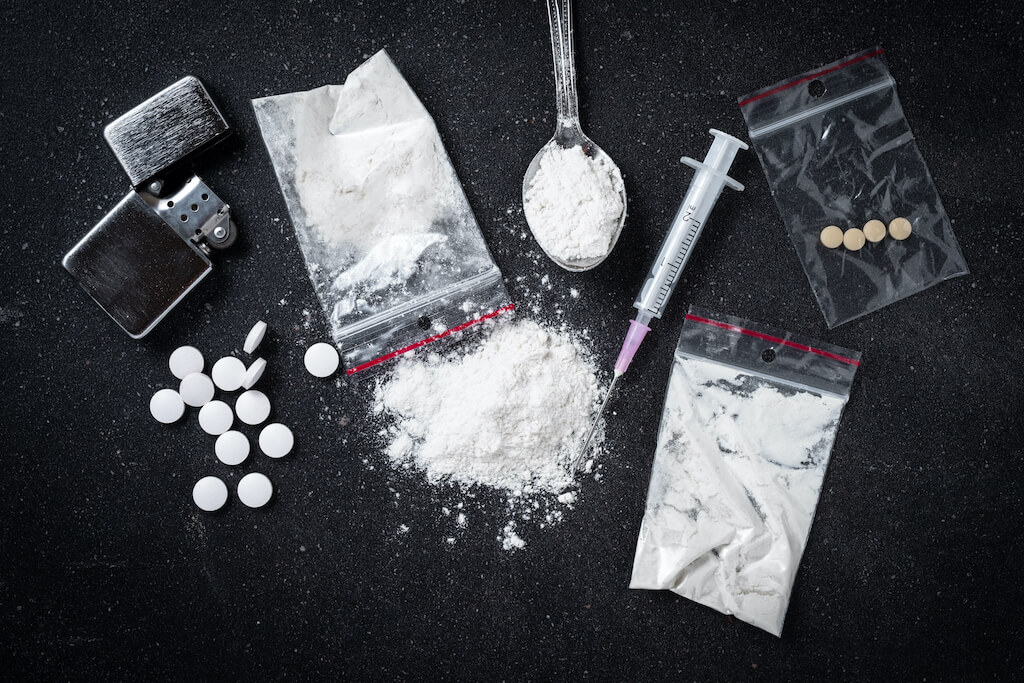Fizzy drink addiction is an increasingly prevalent issue that can have adverse effects on an individual’s overall health and well-being. Characterized by a compulsive desire for carbonated beverages, this addiction stems from various factors, including taste preferences, emotional dependence, and habitual consumption. While tackling this addiction may seem daunting, self-hypnosis provides a powerful tool to rewire the subconscious mind and break free from the grip of fizzy drink addiction. In this article, we will delve into the reasons behind fizzy drink addiction, its consequences, and explore how self-hypnosis can aid in overcoming this addictive habit. Additionally, we will outline practical steps for utilizing self-hypnosis to facilitate a successful journey towards freedom from fizzy drink addiction.
Understanding the Reasons Behind Fizzy Drink Addiction
Taste and Pleasure: The addictive nature of fizzy drinks lies in their taste, which often combines sweetness and carbonation for a pleasurable sensory experience. The taste becomes associated with a reward system in the brain, leading to cravings and a desire for regular consumption.
Emotional Dependence: Fizzy drinks are sometimes sought as a means of emotional comfort or as a coping mechanism for stress, anxiety, or sadness. The temporary satisfaction derived from consuming these beverages provides a sense of relief and escape from emotional discomfort.
Habitual Consumption: Regular consumption of fizzy drinks can create a habitual pattern, where individuals rely on these beverages as part of their routine, such as with meals or during social gatherings. Breaking this habit can be challenging due to the associated rituals and familiarity.
Consequences of Fizzy Drink Addiction
Weight Gain and Obesity: Fizzy drinks are often high in sugar and empty calories, leading to weight gain and an increased risk of obesity. Regular consumption of these beverages can contribute to the development of metabolic disorders and other health complications.
Dental Health Issues: The high sugar content and acidity of fizzy drinks can lead to tooth decay, enamel erosion, and cavities. Prolonged exposure to carbonation can weaken tooth structure and pose a risk to oral health.
Nutritional Imbalances: Fizzy drink addiction can displace healthier beverage choices, leading to an inadequate intake of essential nutrients, such as water and minerals. This can result in dietary imbalances and negatively impact overall well-being.
How Can Self-Hypnosis Help with Fizzy Drink Addiction?
Reprogramming the Subconscious Mind: Self-hypnosis enables individuals to access their subconscious mind, where deep-rooted beliefs, habits, and emotions reside. By utilizing self-hypnosis techniques, individuals can reprogram their subconscious patterns associated with fizzy drink addiction and replace them with healthier alternatives.
Addressing Emotional Triggers: Self-hypnosis facilitates the exploration and identification of emotional triggers underlying fizzy drink addiction. By delving into the root causes, individuals can develop healthier coping mechanisms to manage emotions, reducing their reliance on carbonated drinks.
Reinforcing Willpower and Motivation: Through self-hypnosis, individuals can strengthen their willpower, motivation, and determination to overcome fizzy drink addiction. By accessing the subconscious mind, self-hypnosis empowers individuals to stay focused, resist cravings, and maintain a positive mindset throughout the recovery process.
Enhancing Self-Awareness: Self-hypnosis increases self-awareness, enabling individuals to detect patterns, thoughts, or emotions that contribute to fizzy drink addiction. This heightened awareness allows for the implementation of healthier choices and an increased ability to challenge and modify addictive behaviors.
Steps to Overcoming Fizzy Drink Addiction with Self-Hypnosis
Acknowledgment and Commitment: Recognize and admit the presence of fizzy drink addiction while making a commitment to overcoming it. Embrace the belief that self-hypnosis can be a powerful tool in this journey towards freedom.
Educate Yourself: Research and gather knowledge about self-hypnosis techniques and resources that specifically address fizzy drink addiction. Seek out reputable self-hypnosis programs or recordings, created by professionals experienced in addiction recovery.
Establish a Self-Hypnosis Routine: Create a structured self-hypnosis routine, allocating dedicated time each day for practice. Find a quiet and comfortable space where you can relax and focus your attention solely on the self-hypnosis process.
Utilize Guided Self-Hypnosis: Engage in self-hypnosis audio recordings or scripted sessions that focus on breaking free from fizzy drink addiction. Allow the guided instructions, visualizations, and positive affirmations to permeate your subconscious, facilitating positive change.
Maintain Consistency and Patience: Overcoming fizzy drink addiction requires consistency, patience, and self-compassion. Recognize that progress may not be linear, and setbacks may occur. Stay committed to self-hypnosis, seek support when needed, and celebrate each step forward on this transformative journey.
Conclusion
Fizzy drink addiction can have detrimental effects on both physical and mental health, but with the power of self-hypnosis, it is possible to reclaim control and embrace a healthier way of life. By understanding the reasons behind fizzy drink addiction, recognizing its consequences, and consciously employing the practice of self-hypnosis, individuals can reprogram their minds, address emotional triggers, and break free from this addictive habit. Armed with self-awareness, commitment, and a consistent self-hypnosis routine, individuals can embark on a transformative journey towards freedom from fizzy drink addiction, paving the way for improved well-being, vitality, and a healthier relationship with beverages.
